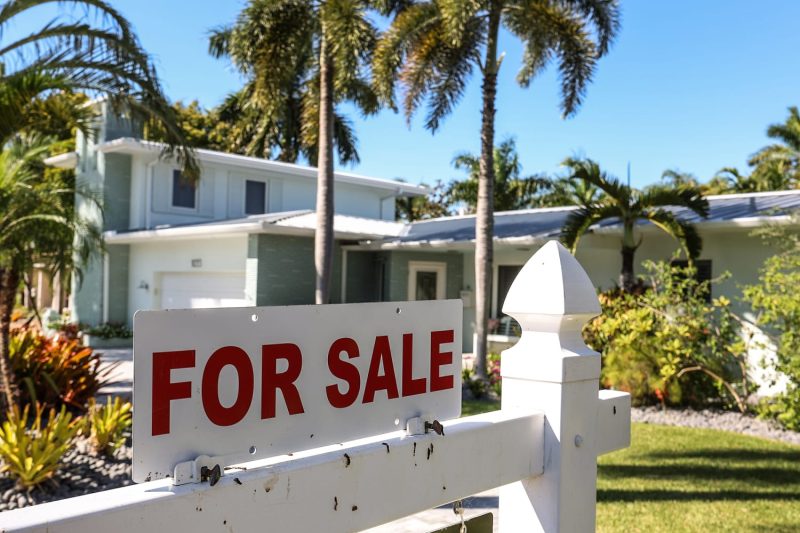As the economic data indicates a stronger recovery, mortgage rates are experiencing a corresponding increase, jumping back over the 7% mark.
Mortgage rates are often seen as a reflection of a nation’s economic health. The trends are carefully tracked by financial industry experts, home buyers, and investors because they can affect the affordability of housing and the profitability of real estate investments. As the most recent data reveals, the recovering economy has resulted in a substantial increase in mortgage rates.
The surge in mortgage rates over the 7% mark is attributed to positive developments in economic indicators. Improved consumer confidence, better employment numbers, rising retail spending, along with advances in manufacturing are some of the key contributors to the resurgence in economic activity. These indicators collectively suggest that the economy is on an upward trend, leading to a shift in the mortgage landscape.
Higher mortgage rates may pose challenges for prospective homebuyers who are budget-sensitive. Pricier mortgages can render home buying a costlier proposition, limiting buying power and potentially slowing down the real estate market. On the positive side, for those seeking to invest in mortgage-backed securities, higher rates often equate to healthier returns.
It’s important to note that while increased mortgage rates can have short-term effects, they are typically indicative of a healthier, stronger economy in the long run. They can be an impetus for financial institutions to provide more home loans, reflecting their increased confidence in borrowers’ ability to repay. Such a scenario can significantly contribute to overall economic growth.
In the quest of finding a balance, mortgage lenders are expected to closely study these new data points and possibly recalibrate their lending strategies. The return to pre-pandemic levels in other economic sectors may trigger a review and possibly an adjustment in mortgage rates. Consequently, the increase over the 7% mark could be fluctuating in the near future that will favor both lenders and prospective homeowners.
The real estate game also tends to follow economic thresholds, and stricter lending requirements could come into play. In the wake of higher mortgage rates, some lenders may bolster their lending standards, ensuring borrowers can handle the larger payments that come with higher rates. This move, however, has the potential to exclude some prospective buyers from the market, further emphasizing the need for a balanced approach in the meantime.
Furthermore, the current scenario presents a favorable opportunity for savings among those considering refinancing their homes. Despite the recent jump in rates, mortgage rates are still relatively lower than historical trends. Homeowners interested in capitalizing on this scenario should accordingly connect with their lenders.
In conclusion, the recent spurt in mortgage rates is a direct consequence of stronger economic data rolling in. While the rates over 7% bring with them certain challenges for home buyers, they also present opportunities for investors and home owners looking to refinance. They are, after all, an indication of the economy gaining strength, a trend that continues to hold a great deal of significance for all involved parties – from investors and financial institutions to buyers and the overall economy. This is a dynamic space that is expected to see changes based on evolving economics and it’s essential for all stakeholders to stay alert to developments, maintaining a careful balance to ensure sustained economic growth.




